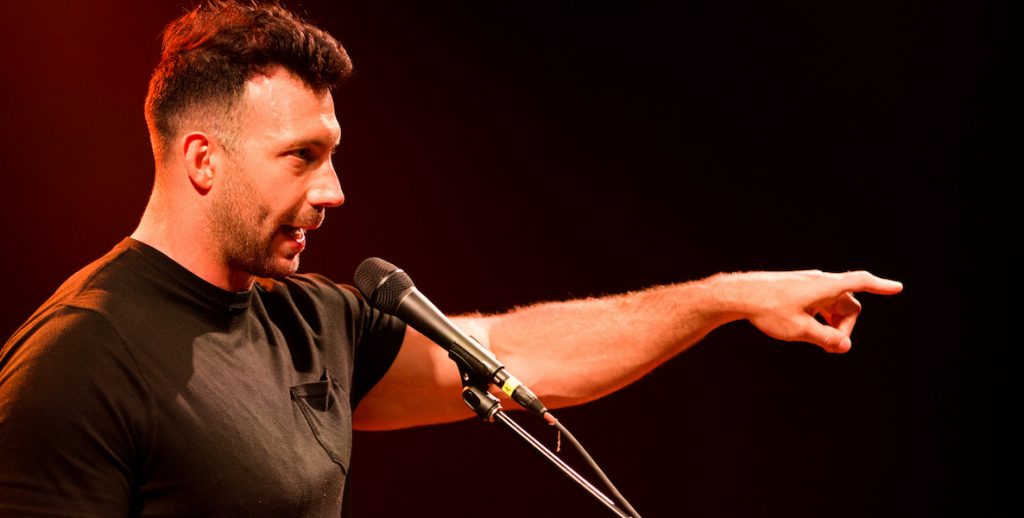When we think of cities that are similar to us, we likely think of Chicago and Boston. But Atlanta fits the bill, too. Atlanta and Philadelphia are almost exactly the same size geographically (though Atlanta has less than one-third Philadelphia’s population) and have approximately the same racial/ethnic composition. “Both are overwhelmingly composed in roughly equal parts of whites and blacks, though in Atlanta there are significantly more blacks than whites, and in Philadelphia significantly more Asians and Hispanics,” explains Professor Richardson Dilworth of Drexel’s Center for Public Policy. “And in both cities approximately one-quarter of the population lives in poverty.”
Interestingly, Atlanta has a significantly higher median income than Philadelphia ($46,439 vs. $37,460), while Pennsylvania has a higher median income than Georgia ($53,115 vs. $49,342). “So, Atlantans have on average higher incomes than Philadelphians, yet Pennsylvanians overall have higher incomes than Georgians,” says Dilworth, who identifies Atlanta’s more diversified economy as a key difference between the two: “Atlanta depends less on meds, eds, and government. The top employers in the Atlanta metro include Emory University and the the school district, but it also includes Delta, Walmart, AT&T—and, of course, Coca-Cola.”
What to make of all this? Even though we might assume that these are two very different cities, they also share lots of similarities. Perhaps our greatest similarity was on full display just last week—at the polls. Both cities are Democratic strongholds in otherwise largely Republican states. “The people in both cities voted overwhelmingly for Hillary Clinton in states that voted by a majority for Trump,” says Dilworth. “Basically, both cities followed the same split: big cities and inner suburbs for Clinton, rural areas and exurbs for Trump. The results showed there are two Pennsylvanias and two Georgias. It’s likely that, going forward, both cities will serve as the bases for whatever it will mean to be a Democrat in the future.”
Atlanta Idea to Steal: Tackling Crime With Private Sector Help
When, like many cities, Atlanta’s streets filled last summer with protesters in reaction to the rash of police shootings of young black men nationwide, Atlanta Mayor Kasim Reed received a call from General Electric CEO and President Russell Stokes. Stokes told the mayor he was impressed by the restraint and professionalism of Atlanta police and wanted to know how he could help the force in the future. Reed took it as an opportunity. Rather than simply asking for a check or pitching the executive on sponsoring the Police Athletic League, the two started a conversation centered around putting GE’s expertise to work for the taxpayer.
As a result, GE has begun to apply its data and business efficiency acumen to the city police force. “Today, the city of Atlanta spends 52 percent of our general fund on public safety,” Reed explained to Fox5 Atlanta in August. ”We thought it would be a genuine value add to have a business like GE bring their skill set to the budget for the city of Atlanta and the public safety apparatus of the city of Atlanta, and point out ways we could do things better.”
While it’s too early to assess the program’s results, GE has been praised for the reforms it has brought to the force’s recruitment and training programs. It’s more proof of the potential when it comes to private sector experts loaning their expertise to public partners. Now, Atlanta has many more corporate headquarters—think Coca-Cola, Turner Broadcasting, and Home Depot, to just name a few—and thus there are many more possibilities for groundbreaking public/private partnerships than here in Philly. But what we can take note of is Atlanta’s “we’re all in this together” culture. That is a mindset worth emulating.

